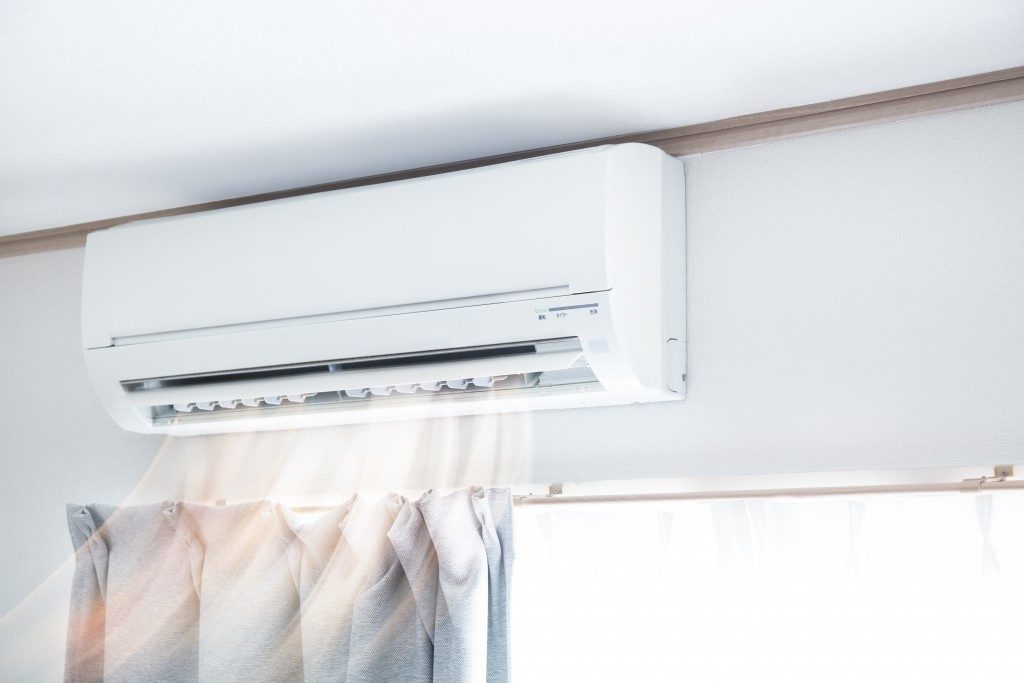Summer can get pretty hot in this side of the world, which is fine for the most part. However, the high levels of humidity that come with the heat it brings is not fine at all. This applies inside your home, as well. While it’s clear that your air conditioning system regulates the temperature indoors (so you could get relief from the heat outside), it’s not clear whether it’s capable of regulating high humidity levels.
Does your air conditioning system have any effect on your home’s humidity levels? Let’s find out with the help of licensed HVAC contractors in Salt Lake City, Utah:
What Exactly is High Humidity?
Humidity is a way to measure how much moisture is in the air. The more moisture there is in your home, the higher the humidity level. Aside from the uncomfortable feeling, having high humidity levels do not only affect your house, but your health as well.
Could an Air Conditioning System Regulate High Humidity Levels?
When your air conditioning is in operation, it would blow humid and warm air from inside your home over to its evaporator coils. Your AC would then absorb heat from your house to the evaporator coils’ refrigerant and carry it away.
As heat transfer occurs, moisture inside your home would also condense and is released from the evaporator coils. This process, in turn, reduces the overall humidity levels in your home. Depending on the humidity and heat levels outside, your AC could remove as much as 20 gallons of water from the air in your home each day.
How to Help Your Air Conditioner Combat High Humidity Levels

You could make your air conditioning system more effective at getting rid of high humidity levels with these simple strategies:
- Make sure that your AC system is properly sized. A too big or too small system would result in too brief cooling cycles so your AC won’t be able to run long enough to efficiently remove humid air from your home.
- Change the filter and get professional tune-ups regularly. The moisture that your AC removes from the air would drip down into the condensate pan to drain outside your home. This could get clogged if you don’t maintain it well or if your AC’s filter is filthy. It’s vital to change your filter at least once a month and have your AC professionally maintained at least once a year.
- Leverage kitchen and bathroom vents. These rooms are notorious for generating excess humidity. That said, run ventilation fans when you’re cooking and showering to help decrease humidity right from the source and leave the disposal of the natural humidity already in your home to your AC.
If these techniques don’t work and you still experience excessively high humidity levels in your home, you need to pinpoint what’s causing the problem. Restore comfort in your home and avoid further damage to your house by getting a professional HVAC contractor to check your system and do repair or maintenance work as needed.

